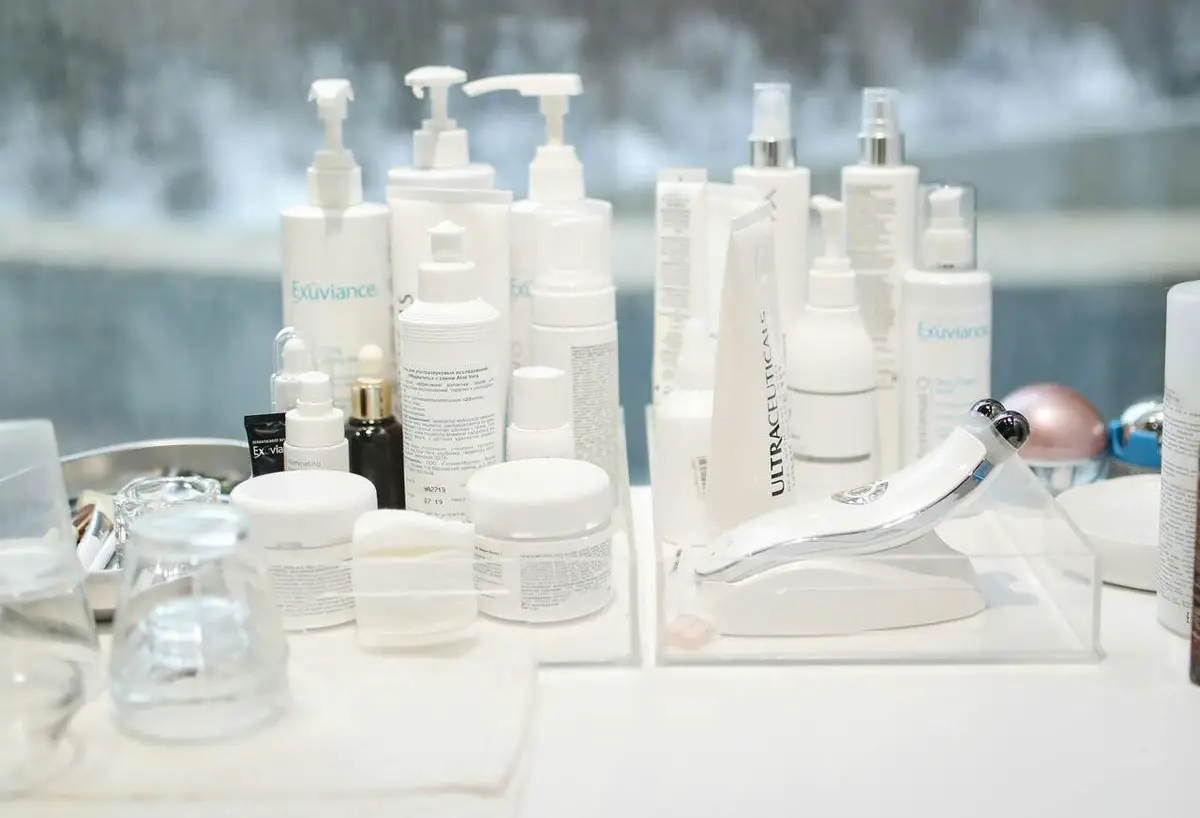How to Choose a Good Dermatologist in London

The body’s largest organ is our skin. Because it’s our first line of defense against pathogens, regulates our water, and performs many other functions, it’s a hugely important part of the body to care for. Choosing the right dermatologist is therefore going to play a big role in your skin health.
London has a long list of specialists. This sheer volume can actually become a bit of a headache, but this article looks at how to make the right decision.
Verify Credentials
Before considering any doctor, of any sort, you need to make sure they’re appropriately qualified. All UK doctors will be registered with the General Medical Council (GMC). More specifically for skin health, check they are on the GMC’s Specialist Register for Dermatology. Qualifications are also an indicator of quality, like FRCP (Fellow of the Royal College of Physicians). You can easily verify these credentials by using the free search tool on the official GMC website.
NHS vs. Private
London offers two main routes to dermatological care. The NHS path, which is cost-effective, will require a referral from your GP. The range of eligible treatments will be smaller, and waiting times can be longer. But, in the right circumstances, it can suffice.
Private sector allows direct booking and almost always with shorter waits and bigger consultant choice (especially in London). Of course, this comes at a price, and prices vary between providers. Insurance, urgency and budget are the three things that determine which one you opt for.
Areas of expertise
Skin may sound niche, but dermatology has a broad range of fields.
Medical dermatology is what treats conditions like eczema, acne and infections – as well as screening for skin cancer.
Surgical dermatology is what you should look for in mole removals or Mohs surgery.
Cosmetic dermatology are the treatments like lasers fillers or Botox, which is mostly to enhance appearances (and the ones least likely to be provided by the NHS).
The goal isn’t to find one dermatologist that does it all, but find your specific need and then search for a specialist in that area. Even if they offer all of the above treatments, there will likely be known for being extra competent in one area.
Researching the reputation
Basic qualifications are must, but they don’t tell you a lot beyond confirming they’re legitimate. The British Association of Dermatologists (BAD) is the key body along with Care Quality Commission (CQC) being the regulators. However, customer testimonials are very important, and looking around for good reviews is also what can highlight the outstanding practitioners. The likes of De Felipe London are a good example of a company with extremely positive Google reviews, and it shows in the quality of treatment.
Location accessibility and the consultation
Practicalities also matter in London. You may be stressed or anxious, so consider a clinic that is easily accessible – particularly when your treatment requires multiple visits. Nearby parking or tube station is ideally what to look out for, but some areas have inherently more choice too. For example, Bond Street and Harley Street have some of the best options around. The experience of the initial consultation can also be a good indicator – don’t be afraid to walk away if this felt hurried or uncomfortable.
Needing skin treatments in London means that you’re spoiled for choice. It’s always worth checking if the NHS can help, but depending on the wait times and your budget, finding a reputable clinic will be a faster and more comfortable experience.










